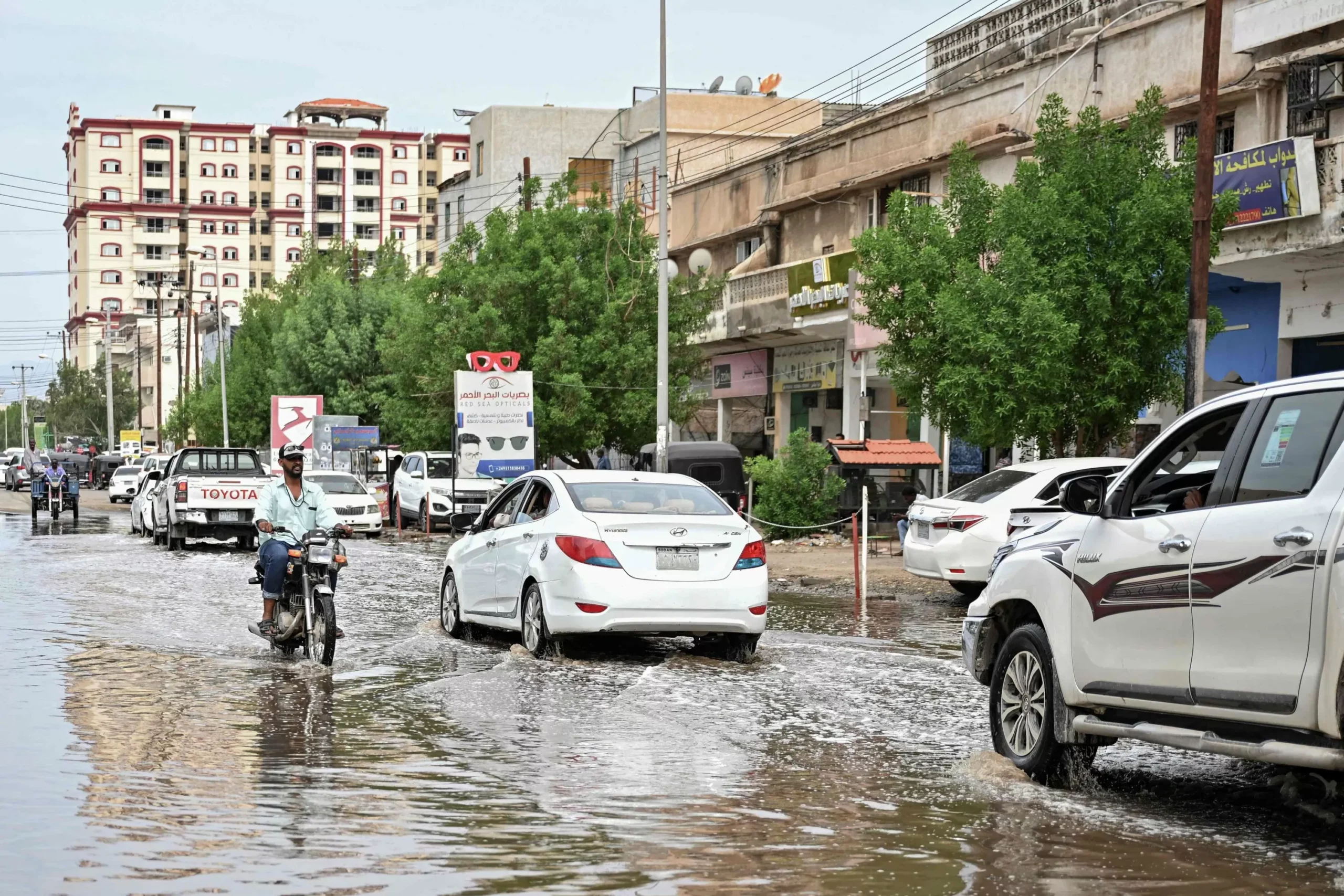At least 17 people were killed and dozens of others were injured as heavy rains triggered building collapses across war-torn Sudan. The devastating impact of these natural disasters has once again highlighted the vulnerability of the people living in this conflict-ridden country.
According to reports, the number of victims has risen to 17, with many more still missing and feared to be trapped under the rubble. The heavy rains, which have been ongoing for the past few days, have caused severe damage to buildings and infrastructure, leaving many families homeless and without access to basic necessities.
The situation in Sudan is already dire, with ongoing conflicts and political instability taking a toll on the lives of its people. The recent heavy rains and resulting building collapses have only added to their suffering. It is heart-wrenching to see innocent lives being lost and families being torn apart due to these tragic events.
The Sudanese government, along with humanitarian organizations, has been working tirelessly to provide aid and support to those affected by the heavy rains. Rescue teams have been deployed to the affected areas to search for survivors and provide medical assistance to the injured. The government has also set up temporary shelters for those who have lost their homes, ensuring that they have a safe place to stay until the situation improves.
Despite the challenges faced by the government and aid organizations, their efforts have been commendable. They have shown great resilience and determination in the face of adversity, working together to provide relief to those in need. Their swift response and dedication to helping the affected communities is a testament to the strength and unity of the Sudanese people.
In times like these, it is heartening to see people coming together to support each other. Communities have opened their doors to those who have lost their homes, providing them with food, shelter, and comfort. Volunteers have also stepped up to assist in the rescue and relief efforts, showing the true spirit of humanity.
The heavy rains and building collapses have also highlighted the need for better infrastructure and disaster preparedness in Sudan. The country has been ravaged by years of conflict, leaving its infrastructure in a state of disrepair. It is crucial for the government to invest in rebuilding and strengthening its infrastructure to prevent such tragedies from occurring in the future.
Furthermore, disaster preparedness and response mechanisms need to be put in place to mitigate the impact of natural disasters. This includes early warning systems, emergency shelters, and trained personnel to handle rescue and relief operations. By investing in these measures, the government can better protect its citizens and minimize the loss of lives and property during times of crisis.
In the midst of this tragedy, there is also a glimmer of hope. The resilience and strength of the Sudanese people have been evident in the face of this disaster. They have shown great courage and determination, refusing to let these events break their spirit. It is this resilience that will help them rebuild their lives and communities in the aftermath of this tragedy.
As we mourn the loss of those who have perished in these building collapses, let us also remember to celebrate the bravery and resilience of the Sudanese people. Let us stand in solidarity with them and offer our support in any way we can. Together, we can help them overcome this tragedy and build a better, more resilient future for Sudan.
In conclusion, the recent heavy rains and building collapses in Sudan have once again highlighted the vulnerability of its people. However, it has also shown the strength and resilience of the Sudanese people, who have come together to support each other in this time of need. It is crucial for the government to invest in better infrastructure and disaster preparedness to prevent such tragedies from occurring in the future. Let us stand with the people of Sudan and offer our support as they rebuild their lives and communities.





![Complete BritRail Pass Guide [Types, How to Use It, Pros + Cons]](https://inside-news.uk/wp-content/uploads/2025/06/00221EB4-BCA2-4DBB-6CD4-83DBC37D71FA-120x86.webp)












